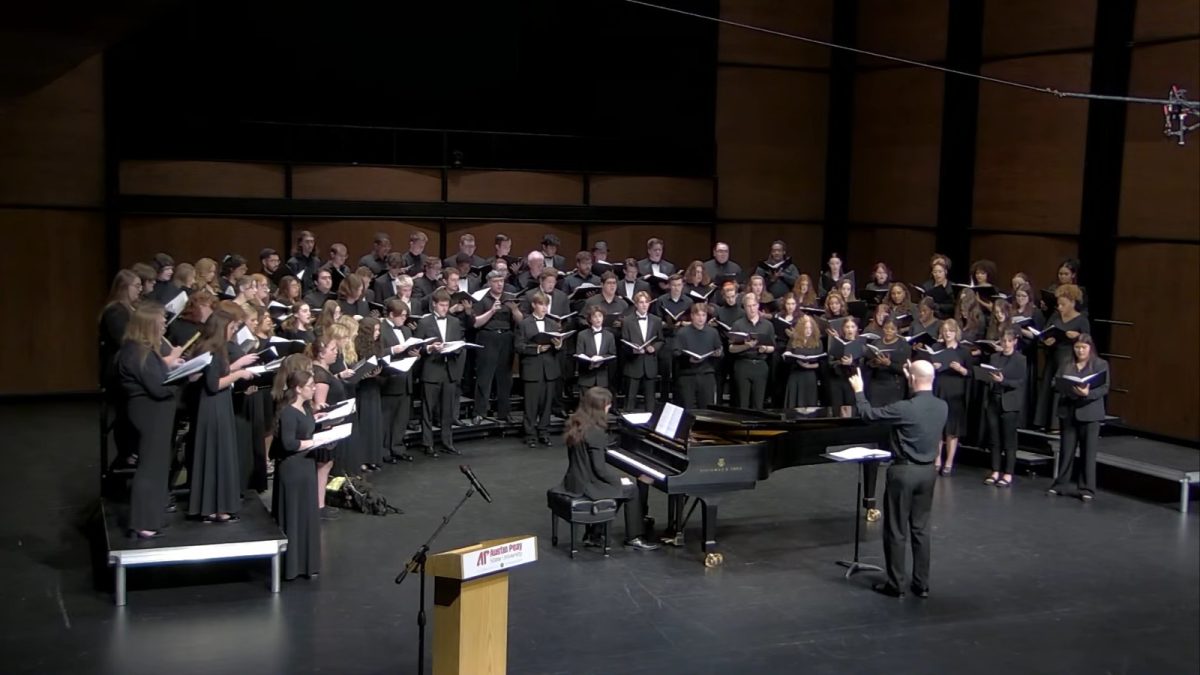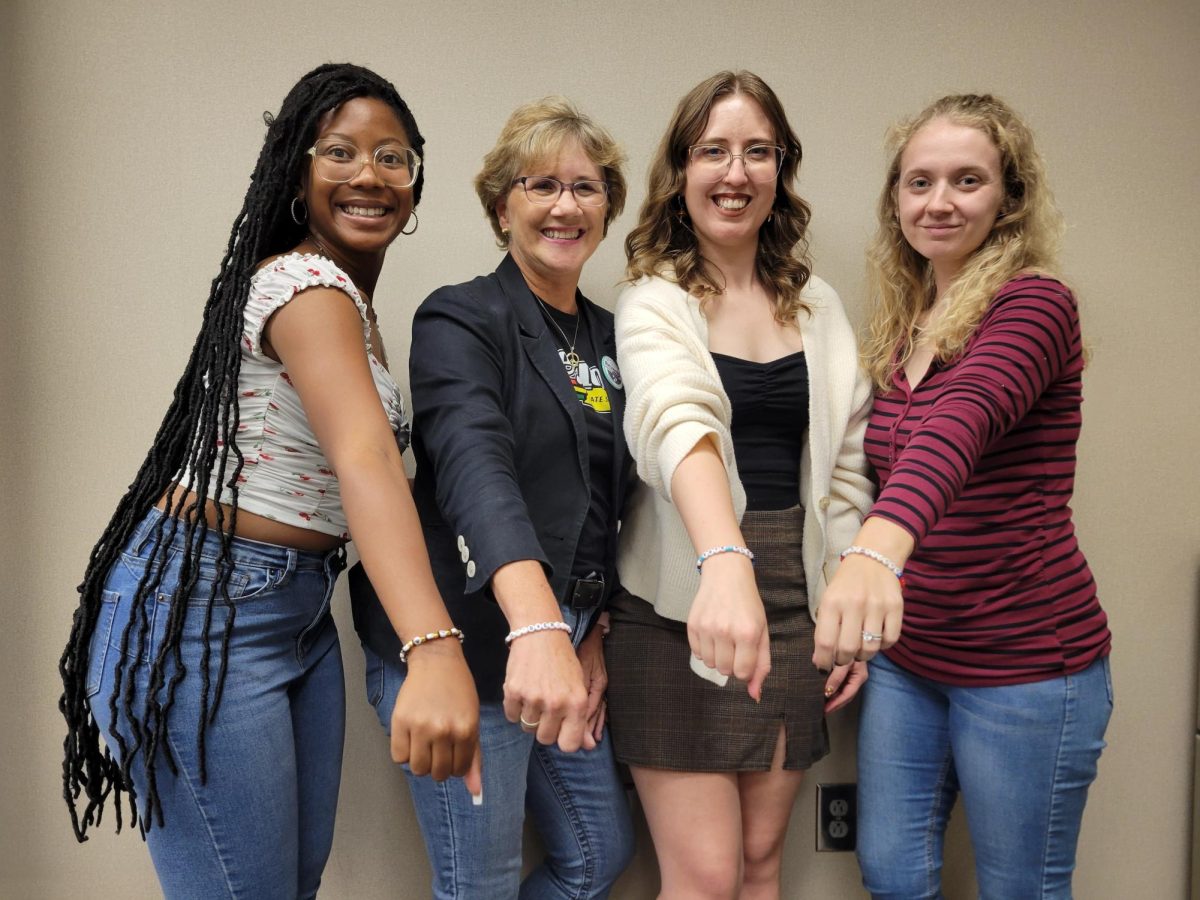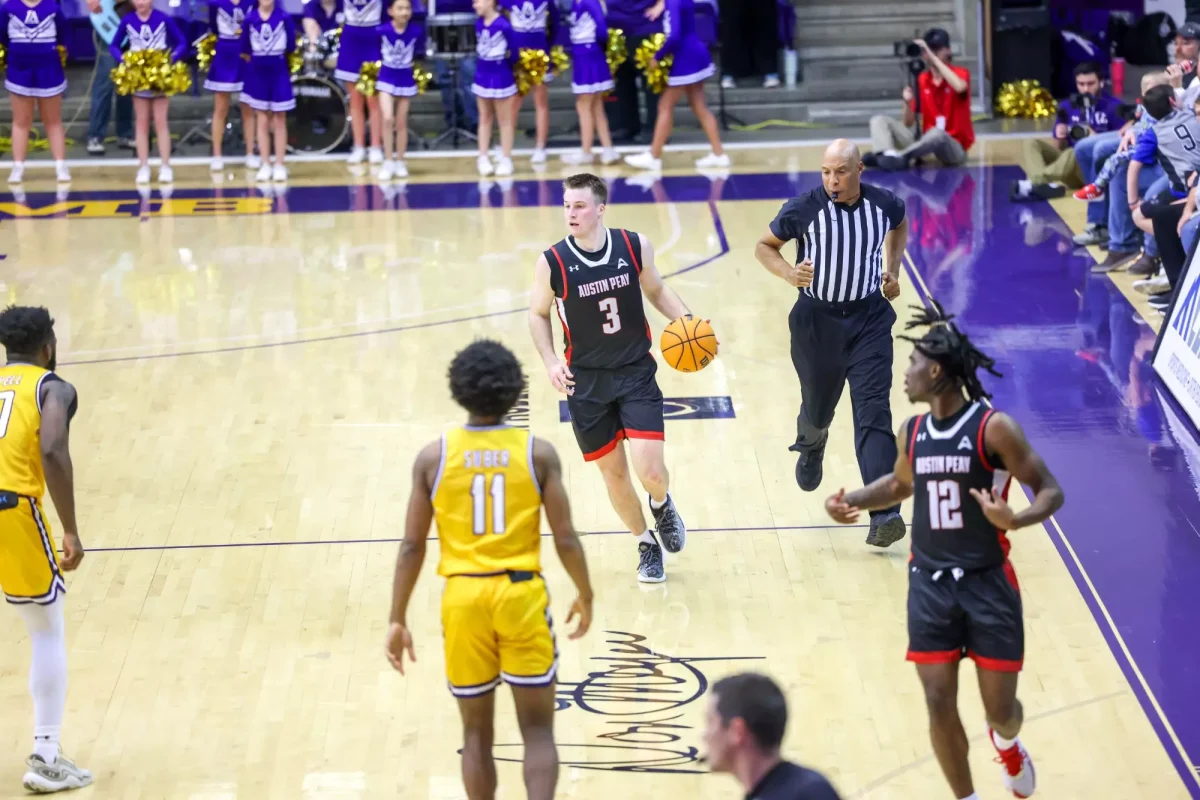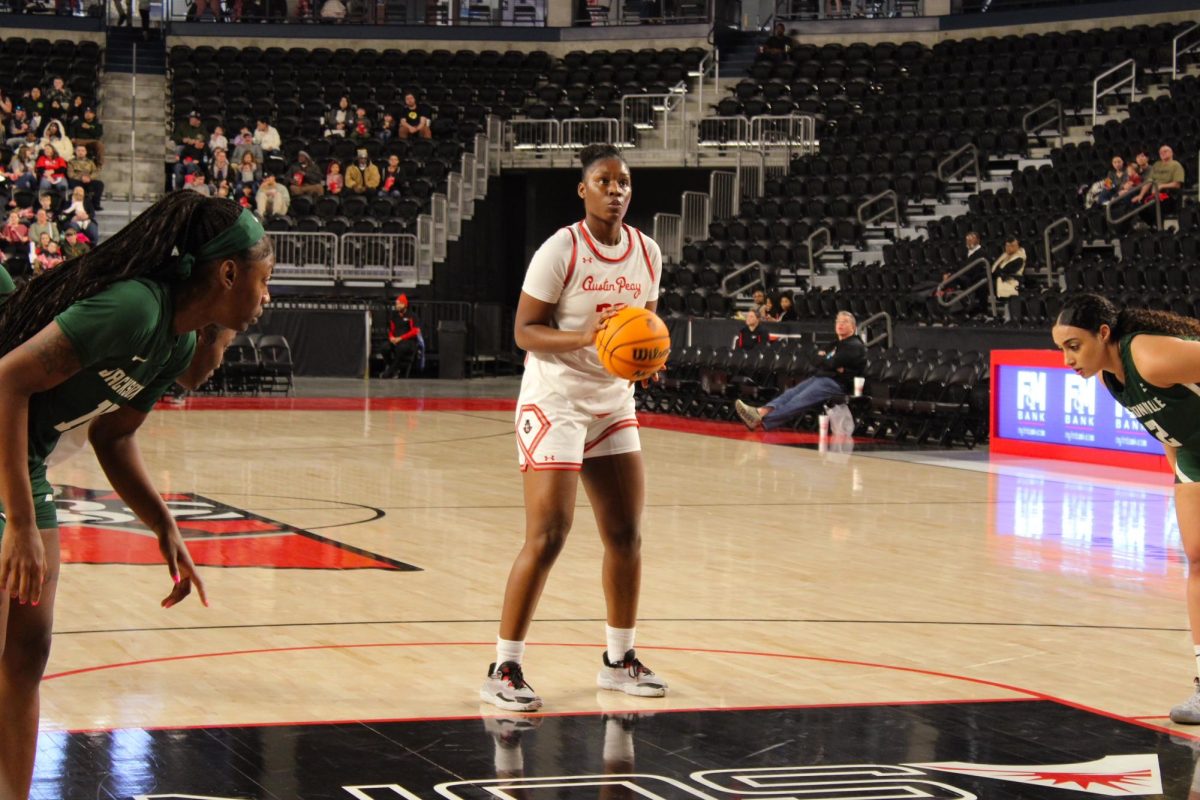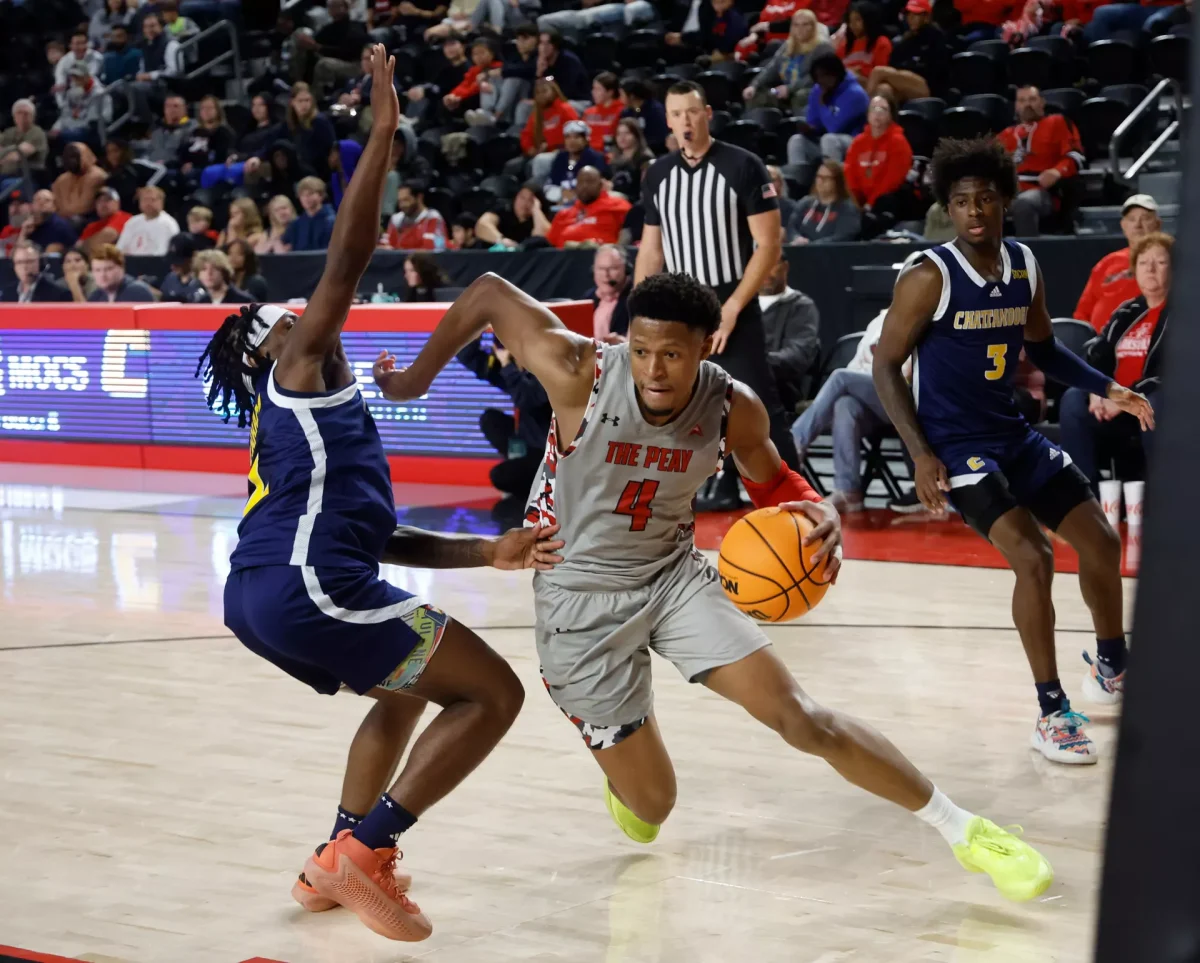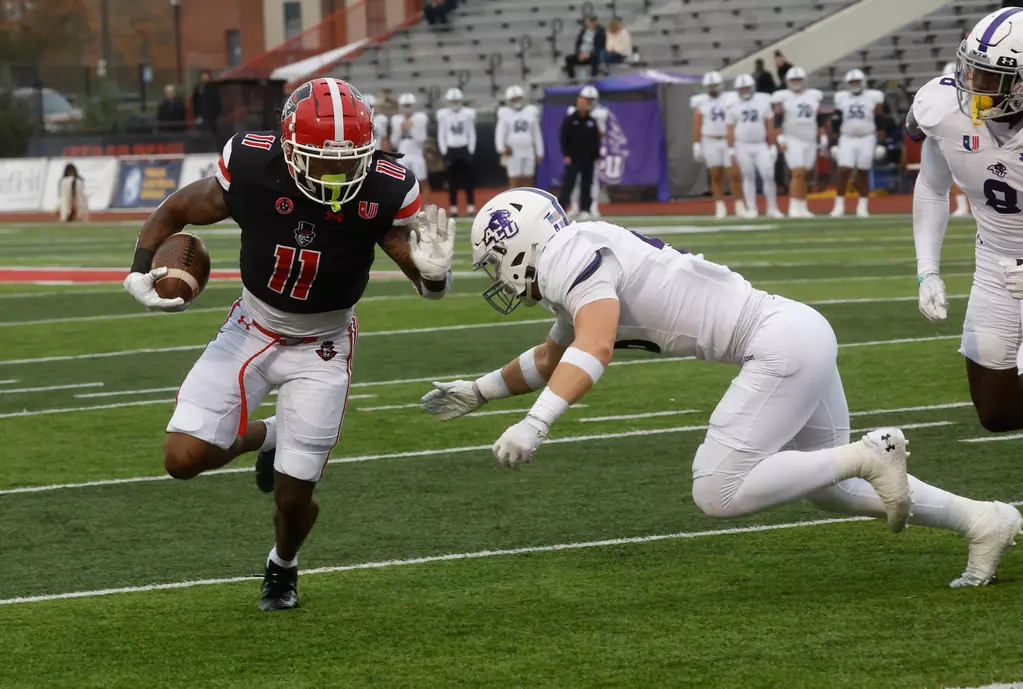RIO DE JANEIRO (AP) — Hey world, are you ready to samba? Because Rio is leading the dance.
After one of the roughest-ever rides from vote to games by an Olympics host, the city of beaches, carnival, grinding poverty and sun-kissed wealth is lifting the curtain on South America’s first Olympics, with an opening ceremony expected to be low on gadgetry but high on soul for a global television audience.
The three-hour gala from the iconic Maracana Stadium is a showcase for Brazil’s history, culture, diversity and hopes. It also represents something of a triumph, because there were times after the International Olympic Committee selected Rio ahead of Chicago, Tokyo and Madrid in 2009 when it seemed that the city of 6.5 million people might not get its act together for the world’s greatest sporting mega-event.
But with more than a dash of “gambiarra,” the Brazilian art of quick-fixes and making do, Rio de Janeiro is ready.
Just.
The honor of declaring the games open will fall to Michel Temer, Brazil’s unpopular interim president, standing in for suspended President Dilma Rousseff. Her ouster less than four months out from the games for alleged budget violations was one of the many complications that roiled Brazil’s Olympic preparations and impacted the opening ceremony itself. Fewer than 25 foreign heads of state were expected, with others seemingly staying away to avoid giving the impression of taking sides amid Brazil’s leadership uncertainty.
Athletes from 205 nations and territories were set to march behind their flags. They’ll be joined by a first-ever Refugee Olympic Team of 10 athletes, displaced from Syria, South Sudan, Congo and Ethiopia. Their flag-bearer, Rose Nathike Lokonyen, fled war in South Sudan and ran her first race in a refugee camp in northern Kenya.
Michael Phelps will lead the U.S. team, the largest with 549 competitors. History’s greatest Olympian will be looking to add to his record haul of 22 medals, in three individual swims plus relays, before the Aug. 21 closing ceremony.
On behalf of all 11,288 competitors (6,182 men; 5,106 women), a Brazilian athlete will pledge an oath that they won’t take banned drugs — a promise likely to ring false to many fans after the scandal of government-orchestrated cheating in Russia.
While it escaped a blanket ban, Russia is paying the price in the shape of a smaller team, whittled down from a 389 athletes to around 270.
Iran picked a woman, archer Zahra Nemati, as flag-bearer for its team made up overwhelmingly of men.
After the grandeur of Beijing’s opening ceremony in 2008 and the high-tech, cheeky inventiveness of London’s in 2012, Rio’s was expected to be more earthy, with funk, samba and joie de vivre laced with more serious messages from the country with the world’s largest forest, the Amazon, for the need to protect the planet. Grammy award winners Caetano Veloso and Gilberto Gil, and supermodel Gisele Bundchen were expected to star.
“The world is very tense and so is Brazil. We are also willing to tell the world to stop attacking our home. The world is threatened because of global warming. We are calling for action,” said Fernando Meirelles, one of the directors of the show.
After Brazil’s most famous athlete — soccer star Pele — said he will not appear, the Olympic mystery of who might light the cauldron remained intact.
The cauldron was designed by American sculptor Anthony Howe, who told The Associated Press he was inspired by life in the tropics. There will be two cauldrons in Rio, one at the Maracana soccer stadium that is hosting the opening ceremony and another open to the public in downtown Rio.
The cauldron in central Rio is expected to be lit by a runner after the opening ceremony is finished, Howe said.
In all, 4,800 performers and volunteers will be involved in the show designed to showcase Brazil as a garden of the world.
“Smile is the approach the Brazilians have toward life,” said Marco Balich, the executive producer. “Brazil is not a grand nation. They’re saying in this ceremony, we are who we are, with a lot of social problems, a lot of crises in the political system, etc.”
NBC will broadcast the opening ceremony on a one-hour tape delay because it wants the entertainment spectacle to be shown completely in U.S. prime time. Rio is one hour later than Eastern time



